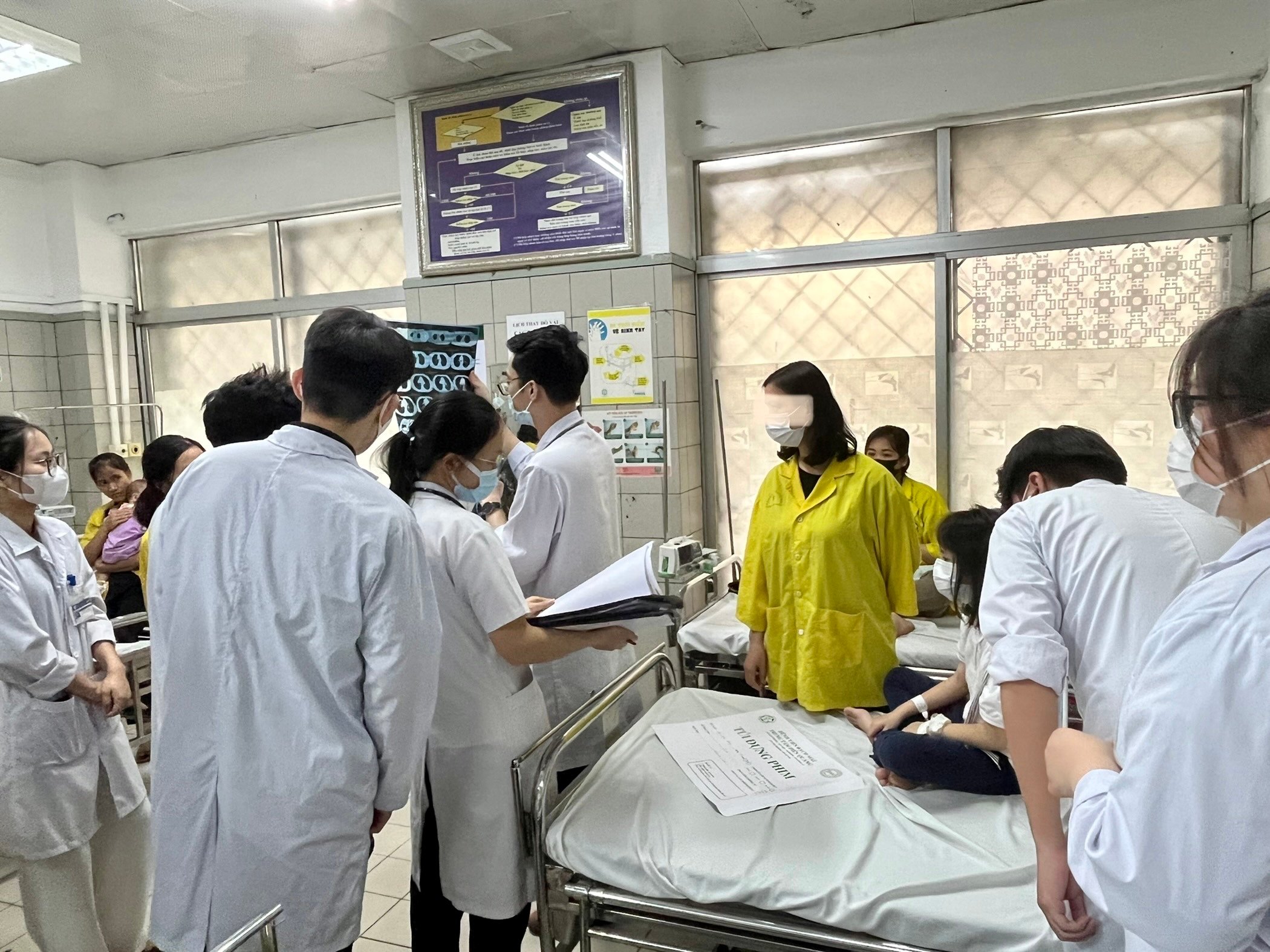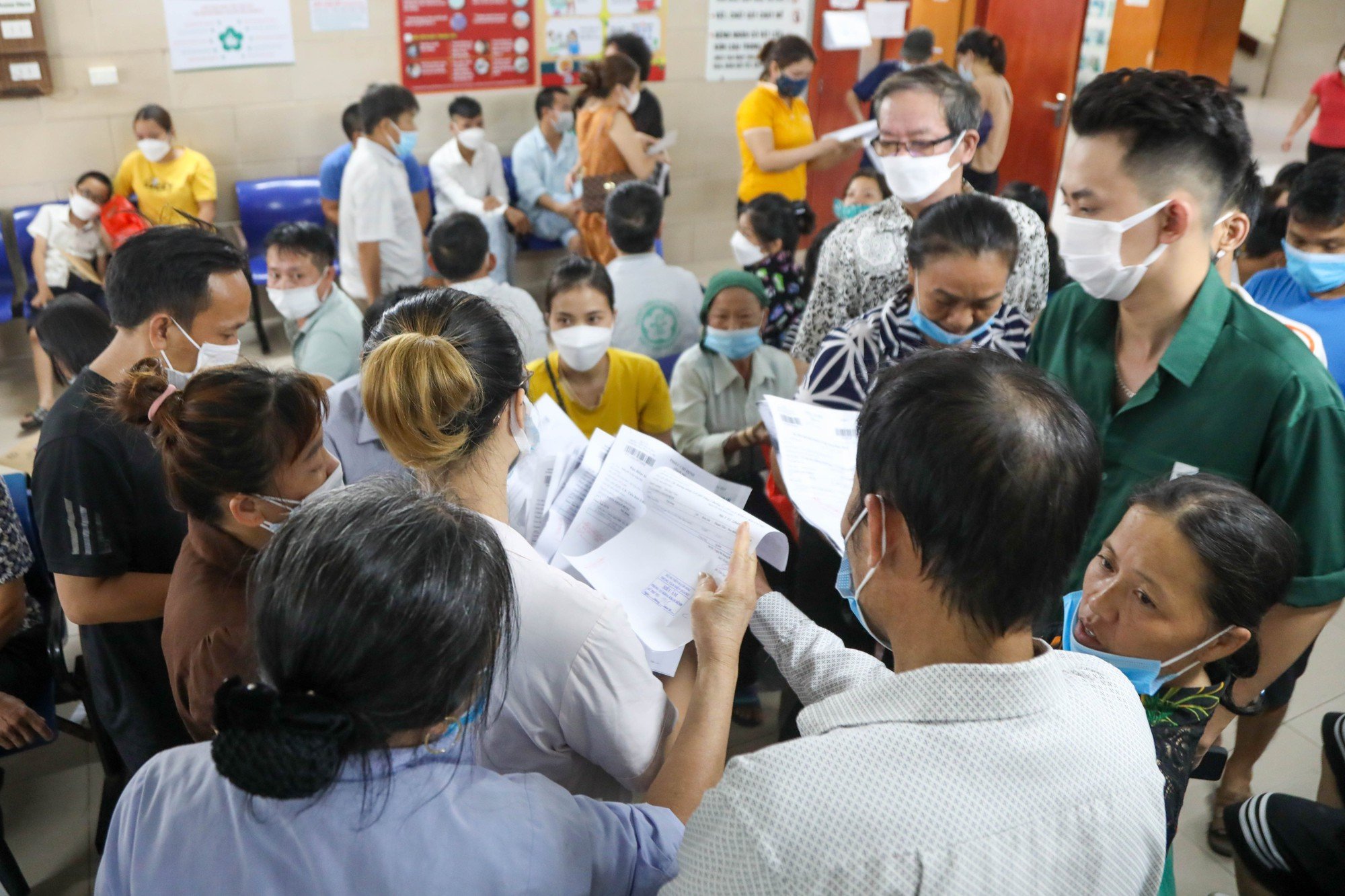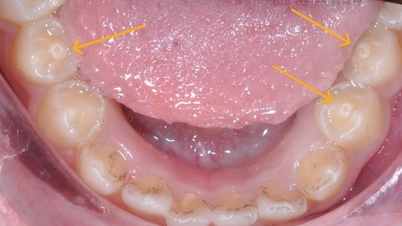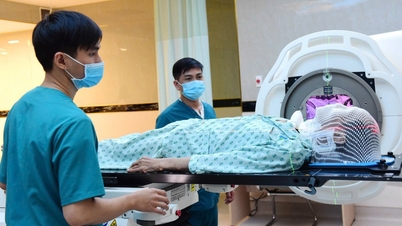Dealing with work pressure
Due to the nature of their profession, medical staff often face work pressure, which can easily lead to physical and mental exhaustion.

Due to the nature of their profession, medical staff often face work pressure.
According to Master, Doctor Nguyen Mai Huong, Head of the Department of Adolescent Health, National Children's Hospital, many studies show that doctors and nurses are at a much higher risk of stress, depression, anxiety, and burnout than other professions.
Occupational stress damages the nervous system, increases the rate of cardiovascular disease, musculoskeletal diseases, stomach ulcers, myocardial infarction, and increases the rate of early retirement. Therefore, there is a need for policies and solutions to improve the mental health of health workers, helping to protect the health of health workers and those who care for the community.

Medical staff often have to work shifts, stay on duty at night, participate in emergency cases or perform surgeries for many hours.
Assessing that "stress management is essential to help medical staff overcome many challenges at work", Dr. Huong acknowledged that the first step is to identify the stress and sources of stress in different units in the hospital. Stress and pressure need to be identified by individuals in the units themselves, based on the impact of that stress on themselves. From there, the collective and individuals can come up with solutions to manage stress.
Need to be flexible about working hours, have time to rest
Dr. Mai Huong shared that the nature of the medical industry is that medical staff often have to work in shifts, on night duty, participate in emergency cases or surgeries for many hours. Therefore, rest time is not always guaranteed, which can cause overload and exhaustion. Therefore, considering flexible working hours and reasonable rest time can bring a balance between work and life for medical staff, helping to increase productivity, creativity and job satisfaction.
According to Dr. Huong, health workers also have their own needs. Their good mental and physical care is also an essential element in the health system's efforts to provide the best health care services. It is necessary to ensure that health workers have easy access to mental health care activities and services such as consultations and specialist examinations.
Recognizing the early stages of burnout is important to maintaining mental and physical well-being. While burnout can present differently for everyone, some common signs include: decreased energy or motivation, difficulty making decisions, decreased work performance, and negative feelings and thoughts about work or personal life.
60% of the world's population is working
"Mental health at work" is the theme of World Mental Health Day on October 10 this year.
The World Health Organization (WHO) says it is working with partners to highlight the important link between mental health and work. A safe, healthy work environment can act as a protective factor for mental health.
Unhealthy conditions including stigma, discrimination and exposure to risks such as harassment and other poor working conditions can pose significant risks, affecting mental health, overall quality of life and therefore work engagement or productivity.
With 60% of the global population working, urgent action is needed to ensure work prevents risks to mental health and protects and supports mental health in the workplace, WHO says.
Source: https://thanhnien.vn/vi-sao-nhan-vien-y-te-co-nguy-co-ve-suc-khoe-tam-than-cao-hon-nghe-khac-185241010102609267.htm










































































































Comment (0)